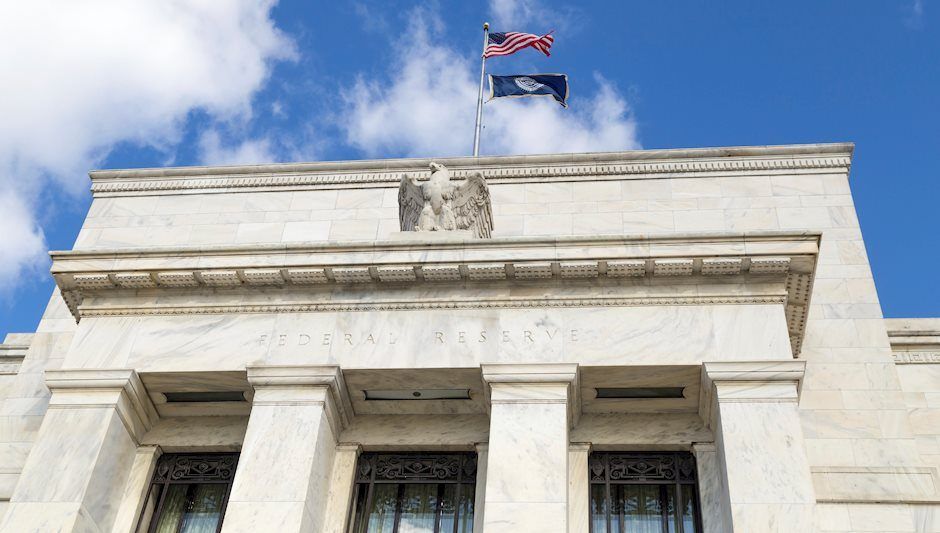The Fed Has Made Another Massive Policy Error

I would argue that the Great Recession was a result of a massive monetary policy error. The Fed kept rates too low for too long, which—when coupled with lax or no regulation in the mortgage markets—resulted in a housing bubble and a crash. This then bled over to global markets.
I believe we are again suffering the effects of a massive monetary policy error. The error has already been committed, but we have just begun to endure the consequences.
We are still living in a dream, but we’re nervous, much like we were in 2006.
The Fed’s failure to normalize rates
The Federal Reserve has repeated the mistakes of the last cycle. They have kept rates too low for too long. But this time, they’ve outdone themselves by clinging to the zero bound. In doing so, they have financialized the economy and made it hypersensitive to interest rate moves.
Ben Bernanke made a big mistake by opting for QE 3. Arguably, if he had begun to normalize rates rather than create a "third mandate" for the Federal Reserve to support stock market prices during and after QE 3, we would not be in the situation we are in today. A situation where the very hint of normalizing rates sends the markets into a frenzy.
Bernanke should have looked the stock market straight in the eye during the Taper Tantrum, summoned his inner Paul Volcker, and told the market, “I am not responsible for stock market prices.” The markets probably would have suffered a rather quick, sharp correction and moved on.
And it might not even have been much of a correction. Markets often correct, as they did in 1987 or 1998, without becoming lasting bear markets if there is not a recession.
Admittedly, a normalized short-term interest rate today would likely still have a “2 handle” or even lower. Short-term rates, at least in normal times, have tended to be in the vicinity of inflation. The 10-year Treasury bond rate has had a close relationship with nominal economic growth.
I would prefer to allow a market mechanism (rather than a committee of 12 people who are prone to enormous biases) to determine short-term rates. A committee that puts the interests of the stock market above the interests of savers, retirees, and pension funds is dangerous.
If the FOMC had begun to normalize rates in 2012 rather than looking at the stock market as a primary indicator of the health of the economy, the economy and the stock market would be doing much better today, and savers would at least be getting some return on their money.
And perhaps, if rates were normalized, the governments of the world would be motivated to control their deficits. (I know, that last statement proves I’m a dreamer.)
The wealth effect isn’t happening
Greenspan had monstrous confidence in the wealth effect and how it would trickle down. The data is now in; the papers have been written; and the nearly overwhelming conclusion is that the wealth effect is, at best, inconsequential.
What we have is another instance of the Federal Reserve ignoring Winston Churchill’s maxim: “However beautiful the strategy, you should occasionally look at the results.”
Yet, the policy geniuses at the Fed seem to think the wealth effect will trickle down to Main Street any day now.
Author

John Mauldin
Mauldin Economics
John Mauldin is a financial writer, publisher, and New York Times bestselling-author. Each week, nearly a million readers around the world receive his free investment newsletter.

















